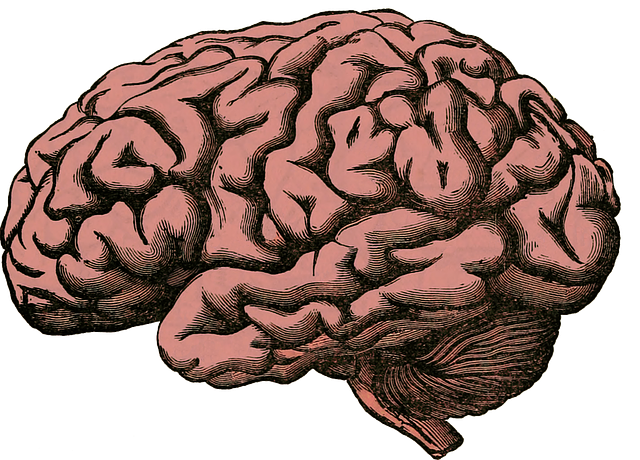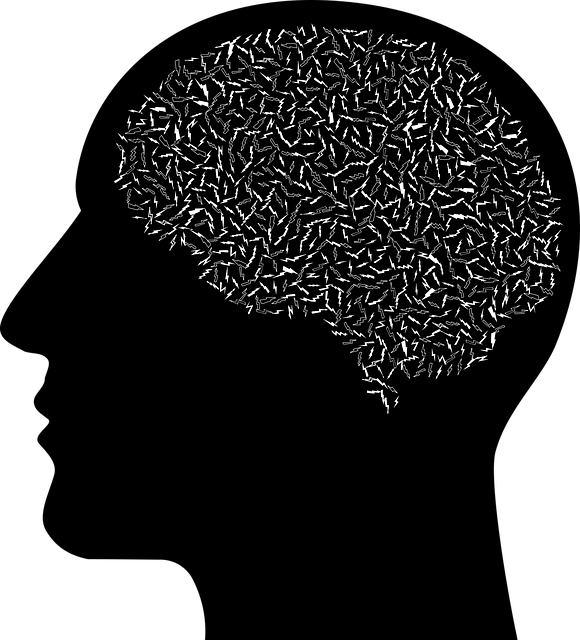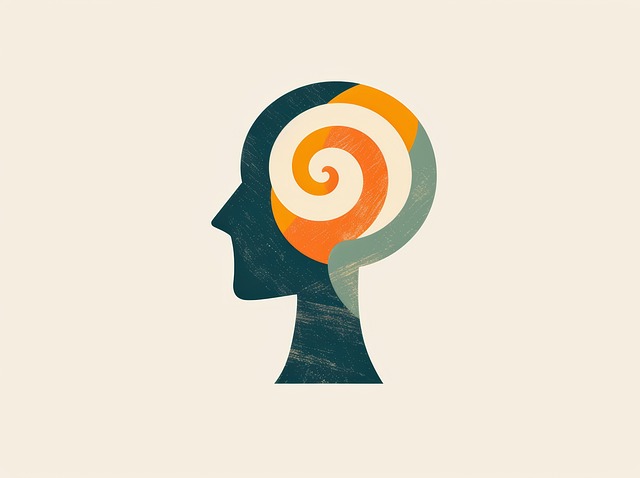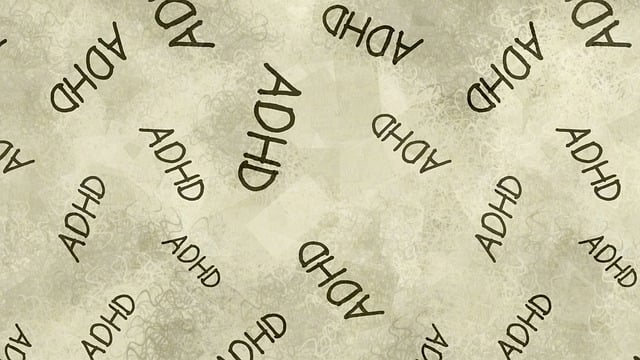Mental wellness is enhanced through evidence-based practices like Northglenn Exposure and Response Prevention (ERP) Therapy, which effectively treats anxiety disorders by teaching healthier coping mechanisms. ERP combines gradual exposure to stressful situations with self-awareness exercises, cultural sensitivity, and inner strength development. By identifying personal stressors and triggers, individuals can create personalized self-care routines incorporating ERP for improved emotional resilience and overall mental wellness. Public awareness campaigns normalizing these practices reduce stigma, encouraging open conversations about mental health.
Mental wellness is integral to our overall well-being, influencing how we navigate daily life. In this article, we explore strategies for cultivating a robust self-care routine, focusing on the power of Northglenn Exposure and Response Prevention (ERP) Therapy. By understanding the impact of mental health on daily routines, identifying personal stressors, and crafting tailored self-care practices, individuals can effectively manage their mental wellness. We delve into ERP techniques as a game-changer in promoting resilience and enhancing overall well-being.
- Understanding Mental Wellness and Its Impact on Daily Life
- The Role of Northglenn Exposure and Response Prevention (ERP) Therapy in Self-Care
- Identifying Personal Stressors and Triggers
- Crafting a Customized Self-Care Routine
- Implementing ERP Techniques for Effective Mental Wellness Management
Understanding Mental Wellness and Its Impact on Daily Life

Mental wellness is a vital aspect of our overall well-being, influencing how we think, feel, and act in our daily lives. It encompasses emotional, psychological, and social health, enabling us to cope with stress, make meaningful connections, and lead productive, fulfilling lives. However, mental health issues are prevalent, affecting millions worldwide, and can significantly impair daily functioning.
In Northglenn, exposure and response prevention (ERP) therapy has emerged as an effective approach to tackling various mental health disorders. This evidence-based practice focuses on helping individuals confront and manage fears and anxieties by gradually exposing them to stressful situations and teaching them healthier coping strategies. By fostering inner strength development and cultural sensitivity in mental healthcare practice, ERP allows people to navigate life’s challenges with resilience. Self-awareness exercises are integral to this process, empowering individuals to recognize triggers, understand their thoughts and emotions, and make positive changes in their lives.
The Role of Northglenn Exposure and Response Prevention (ERP) Therapy in Self-Care

Northglenn Exposure and Response Prevention (ERP) Therapy is a powerful tool for cultivating a robust mental wellness self-care routine. This evidence-based approach, often used in the treatment of anxiety disorders, involves gradually exposing individuals to stressful or anxious situations while teaching them healthier response mechanisms. By facing fears in a controlled environment, ERP empowers people to reframe negative thoughts and behaviors, fostering positive thinking and emotional resilience.
Integrating ERP into self-care practices can involve various techniques such as mindfulness exercises tailored to specific triggers, cognitive restructuring sessions, and exposure work guided by mental health professionals or even community outreach program implementations. Public awareness campaigns development around mental health can also play a significant role in normalizing these practices, encouraging open conversations, and ultimately reducing the stigma associated with seeking help.
Identifying Personal Stressors and Triggers

Identifying personal stressors and triggers is a crucial step in developing an effective mental wellness self-care routine. This process involves becoming attuned to your unique emotional and psychological needs, as well as the specific situations or events that cause stress or trigger adverse reactions. It’s important to recognize both internal and external factors contributing to mental health challenges. For instance, Northglenn Exposure and Response Prevention (ERP) Therapy techniques can help individuals confront and manage anxiety-provoking stimuli in a controlled manner, gradually reducing their impact over time.
In navigating this process, it’s beneficial to consult with a healthcare provider who offers Cultural Competency Training, ensuring that your approach is sensitive to your background and experiences. Additionally, regular risk assessments for mental health professionals, coupled with comprehensive Mental Health Education Programs designed to enhance self-awareness and coping strategies, can empower individuals to proactively address stressors and triggers. This holistic understanding and personalized strategy are key to fostering resilience and maintaining optimal mental wellness.
Crafting a Customized Self-Care Routine

Creating a personalized self-care routine is a powerful step toward enhancing mental wellness. It’s a unique journey for everyone, and tailoring practices to your specific needs is key. Start by evaluating your daily life, identifying areas where stress or anxiety may arise, and consider your personal preferences. For instance, some individuals find solace in creative outlets like painting or writing, while others thrive through physical activities like yoga or hiking.
In Northglenn, Exposure and Response Prevention (ERP) Therapy can be a valuable tool in developing coping skills. This therapy encourages individuals to confront fears and change response patterns, fostering mental health education and empowering self-care. By combining ERP with a customized routine, you can develop effective strategies to manage stress, improve mood, and promote overall mental wellness.
Implementing ERP Techniques for Effective Mental Wellness Management

Incorporating evidence-based practices like Northglenn Exposure and Response Prevention (ERP) Therapy is a powerful step towards managing mental wellness effectively. ERP focuses on challenging and changing maladaptive thought patterns and behaviors by gradually exposing individuals to feared situations or triggers, preventing them from engaging in habitual responses that might be harmful. This technique has proven especially beneficial for conditions such as anxiety disorders and obsessive-compulsive disorder (OCD).
By participating in mental wellness coaching programs development that include ERP, individuals can learn to manage their symptoms more effectively. Mindfulness meditation techniques often incorporated into these programs help individuals cultivate present-moment awareness, enabling them to observe their thoughts without judgment. This increased self-awareness coupled with positive thinking strategies empowers people to reframe negative thoughts and replace them with more realistic, balanced perspectives, thereby enhancing overall mental wellness.
Incorporating self-care practices, especially tailored through Northglenn Exposure and Response Prevention (ERP) Therapy, is a powerful way to take control of mental wellness. By understanding personal stressors and triggers, individuals can craft a unique routine that promotes overall well-being. This journey involves navigating challenges and utilizing ERP techniques to foster resilience, ensuring a healthier and more balanced life. Remember, self-care is not just a luxury but an essential tool for managing stress and enhancing daily functioning.










